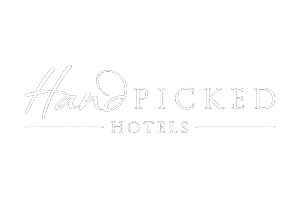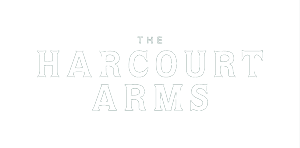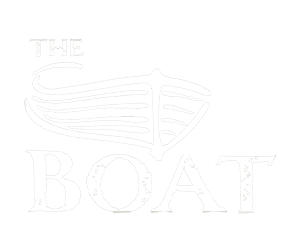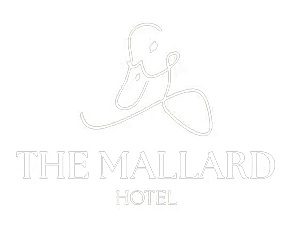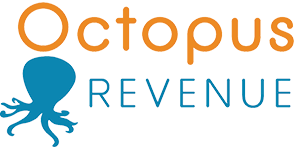
How revenue analysis techniques can save your hotel
Revenue analysis, a key factor in any revenue management role, is research into how your hotel is performing, with the results giving a good indication of past, present and future performance. It involves analysis of the company’s structured pricing and allocation of perishable assets; in a hotels’ scenario, this would be empty bedrooms, in an effort to maximise short-term revenues for the hotel.
What does revenue analysis involve?
Cost and revenue analysis involves taking a closer look at the efficiency of certain departments and processes and can help identify where further research might be required. Cost and revenue analysis can help you determine:
- The most cost efficient service or process for your hotel
- How to reduce costs in your current processes
- How to achieve the highest revenue relative to the costs
For the final point, this would link to the explanation of revenue management for the hotel industry, ‘How to get the right price to the right customer at the right time, to make the most profit’.
Upgrading your revenue analysis techniques
A few decades ago, revenue analysis and revenue forecasting was all done on pieces of paper and calculators, however nowadays there are some clever systems available which use sophisticated algorithms to provide revenue analysis and forecasting information to a hotel. Whilst the systems available in today’s market are in no doubt unlimited, hotels may opt to use a less expensive route by expanding the revenue managers excel skills to create clever spreadsheets and formulas which can be used to work out the important information needed in order to make the most knowledgeable decisions. Whichever way, it is important for a hotel to analyse data and see results faster, to ensure that they are adopting the best revenue management practises and not still working with age old processes.
What is the benefit of revenue analysis?
The most common example of revenue analysis and how it can benefit a business is within the airline industry. When an aeroplane departs, no revenue is gained from the empty seats. Airlines regularly adapt their pricing based on existing allocation and possible overbooking to ensure any flight, whose perishable asset is the airplane seat, has as few empty seats as possible. In the hotel industry, the perishable asset is the hotel room-once a room is left empty for a night, that night's revenue cannot be recaptured.
Revenue analysis gives revenue managers the tools they need to determine the best service, room availability and price mix for their hotel. The use of sales revenue data helps companies such as hotels examine what activities help, what activities hinder their revenue goals, and what activities help drive additional revenues. Using the results from revenue analysis can also allow revenue managers to predict the potential impact on certain management decisions. These forecasts can be instrumental when a hotel is looking to update services or pricing policies.
Revenue management consultancy and training companies such as Octopus Revenue can provide training in revenue analysis and other skills associated with revenue management. An investment in training in this area will greatly benefit the business as it becomes more efficient and subsequently more profitable. For more information on the revenue management training courses available, visit the website.

